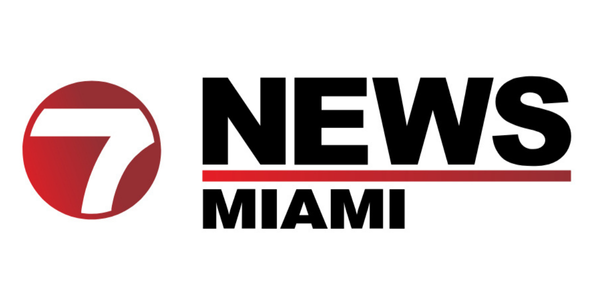- Free Consultation: 305-638-4143 Tap Here to Call Us
Deadly Motorcycle Crash on Jacksonville’s Northside Claims Life of 29-Year-Old Rider
A 29-year-old motorcyclist from Nassau County was tragically killed early Sunday morning following a collision with an SUV on Jacksonville’s Northside, according to the Florida Highway Patrol (FHP). The devastating crash, which occurred around 2:00 a.m. near the intersection of Airport Road and Duval Road, also left two SUV occupants seriously injured.
According to FHP, the motorcyclist was riding a red Harley-Davidson eastbound on Airport Road when a silver Buick Enclave attempted to make a left turn from westbound Airport Road onto Duval Road. The turn brought the SUV directly into the motorcyclist’s path, resulting in a violent collision within the intersection.
Emergency crews transported all parties to a nearby hospital. The motorcyclist was pronounced dead shortly after arrival. The driver of the SUV, a 38-year-old man, and his 31-year-old female passenger, both from Jacksonville, were admitted with serious injuries.
Authorities noted that the motorcyclist was not wearing a helmet, and neither the SUV driver nor the passenger were wearing seatbelts, which may have contributed to the severity of the injuries.
The Florida Highway Patrol has launched a full investigation into the cause of the crash. At this time, it remains unclear whether speed, alcohol, or distracted driving played a role in the incident. FHP will review available surveillance footage, witness statements, and vehicle conditions to determine potential fault.
Motorcycle accidents often result in catastrophic injuries or fatalities due to the lack of protection riders have compared to occupants of passenger vehicles. In collisions involving a left-turning vehicle, such as this case, liability frequently hinges on which party had the right of way and whether proper lookout or judgment was exercised.
Florida law does not require motorcyclists over the age of 21 to wear helmets if they carry at least $10,000 in medical insurance coverage. However, not wearing a helmet can significantly impact injury severity, and it may also influence the outcome of legal claims due to perceived comparative fault.
Similarly, all drivers and front-seat passengers are legally required to wear seatbelts in Florida. Failure to wear a seatbelt does not bar recovery, but it can reduce compensation if it’s shown that the injuries would have been less severe had a seatbelt been used.
Key Questions Investigators Will Consider:
- Did the SUV driver fail to yield the right of way while turning left?
- Was the motorcyclist speeding or otherwise contributing to the crash?
- Were traffic control signals present at the intersection?
- Did poor visibility or road design contribute to the accident?
- Could seatbelt or helmet use have altered the outcome of the crash?
Wrongful Death and Injury Claims in Florida
If the investigation determines that the SUV driver was at fault—such as failing to yield the right of way—the family of the deceased motorcyclist may have grounds to file a wrongful death lawsuit under Florida Statutes § 768.19.
Surviving victims in the SUV may also have legal options, depending on the facts of the case. Even in situations where multiple parties share fault, Florida’s modified comparative negligence law allows for partial recovery if a person is found less than 51% responsible for their own injuries.
Damages Available in These Claims May Include:
- Medical expenses (past and future)
- Funeral and burial costs (in wrongful death cases)
- Lost income or future earning potential
- Pain and suffering
- Emotional distress
- Loss of companionship (for surviving family)
If you or someone you love was injured—or killed—in a crash like this, it’s crucial to take the following steps:
- Obtain the official crash report from Florida Highway Patrol.
- Seek immediate legal advice from a personal injury attorney experienced in motorcycle and auto collision cases.
- Preserve all evidence, including photos of the scene, vehicle damage, and medical records.
- Do not speak with insurance adjusters until you’ve consulted legal counsel.
- File within Florida’s statute of limitations (typically two years for personal injury or wrongful death claims).












